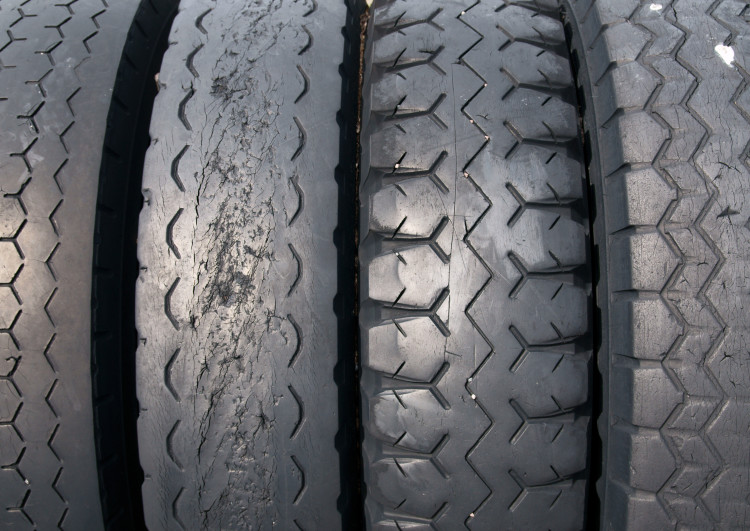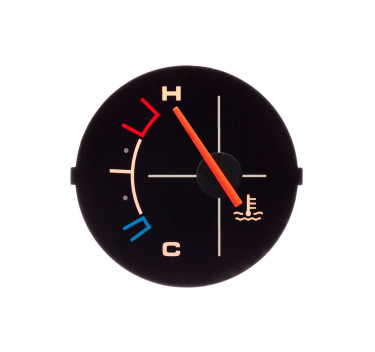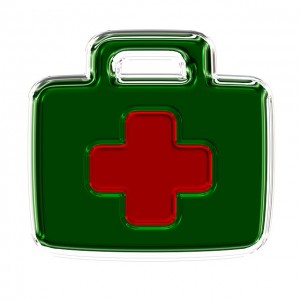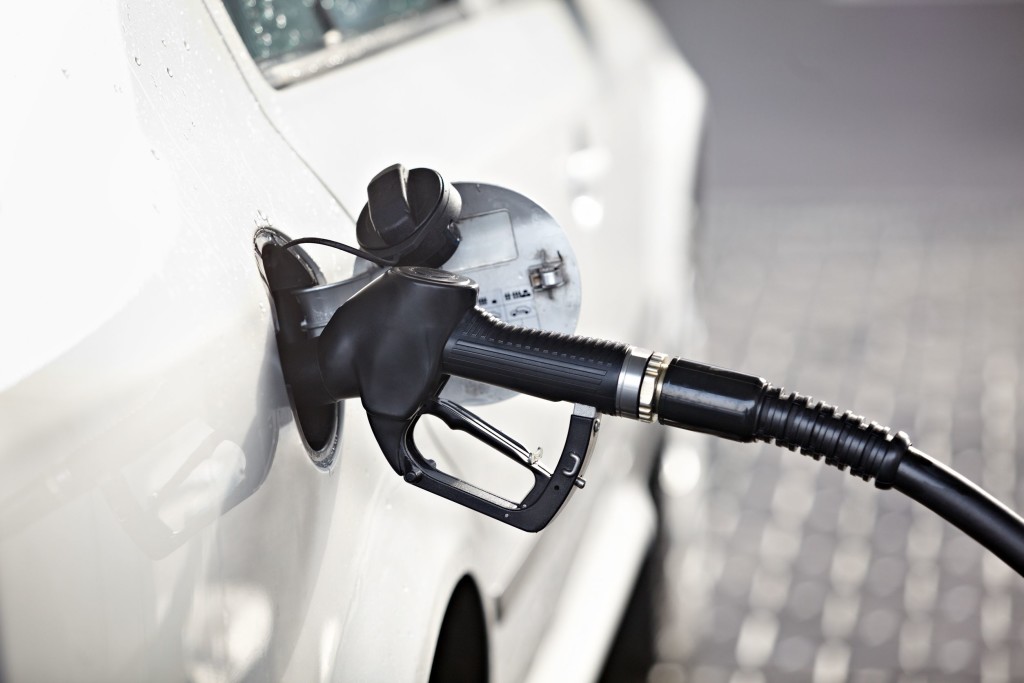The Surprising Downside of Driverless Cars
Remember last week when we shared a story about driverless cars and how they’ll be more popular in 10-20 years? Well a new study says we might want to pump the brakes on driverless cars, as they’ll consume more energy than current transportation methods.
Many auto experts believe that autonomous cars could help decrease fuel consumption, but according to a study out of the University of Michigan, that might not be the case. In essence, researchers believe that driverless cars could save people time, but waste more energy due to extra trips.
Researchers explained that with traditional transportation, parents commute to work, run errands and shuttle the kids around in the fewest trips possible. If we added driverless cars to the equation, the team of scientists believe the self-driving car would drop one parent off at work, return home, drop off the other parent, return home, then drop the kids off at school, and it would follow a similar pattern in the afternoon. Even if families share or rent a driverless car, individual trips would lead to more total driving.
“It could be that sharing the vehicle ends up increasing the mileage because of all these connecting trips,” said Brandon Schoettle of the University of Michigan Transportation Research Institute. “The net effect is probably going to be an increase in mileage, and in general the more miles you drive the more fuel you burn.”
Related Findings
Additional findings from the UM Transportation Research Institute include:
- Increased driverless car sharing could mean Americans would own 43 percent fewer cars (1.2 per household, down from 2.1 per household).
- Annual miles per vehicle could increase by roughly 75 percent (20,406 annual miles, down from 11,661 annual miles).
- That said, even though we might be putting more miles on our cars, these miles would be more fuel efficient, assuming autonomous concepts could eliminate wasteful driving practices, like flooring the gas or slamming on the brakes.
“The upside is that vehicles could drive much more efficiently,” said Ethan Elkind, an associate director at the Climate Change and Business Program at the University of California at Berkeley. “The downside of course is you may see more people driving. More driving overall is not a great thing for the environment.”
-
How Often Should I Rotate My Tires?
 Jun 5, 2013
Jun 5, 2013Aside from the brakes, your tires are arguably one of the most important parts of your car because they are tasked with keeping you safe while on the road. Many people often overlook simple tire maintenance, opting for other routine fixes like oil changes, brake checks, etc. While those steps are essential in prolonging the […]
-
Common Reasons Your Car Overheats
 Jul 8, 2015
Jul 8, 2015Summer is here, and that means the temperatures are on the rise, but hopefully the same isn’t said for your vehicle. An overheating car is a sign that something is wrong, and you can be in line for major repairs if you ignore the issue. Today, we look at some common reasons why you car […]
-
What Should I Keep In My Trunk In Case of an Emergency?
 Aug 14, 2013
Aug 14, 2013Nobody wants to be stranded on the side of the road, but a minor delay can turn into a major problem if you are unprepared for an emergency. These days, nearly everyone has a cell phone, so trouble usually isn’t more than a call away, but you should still prepare an emergency roadside kit in […]





